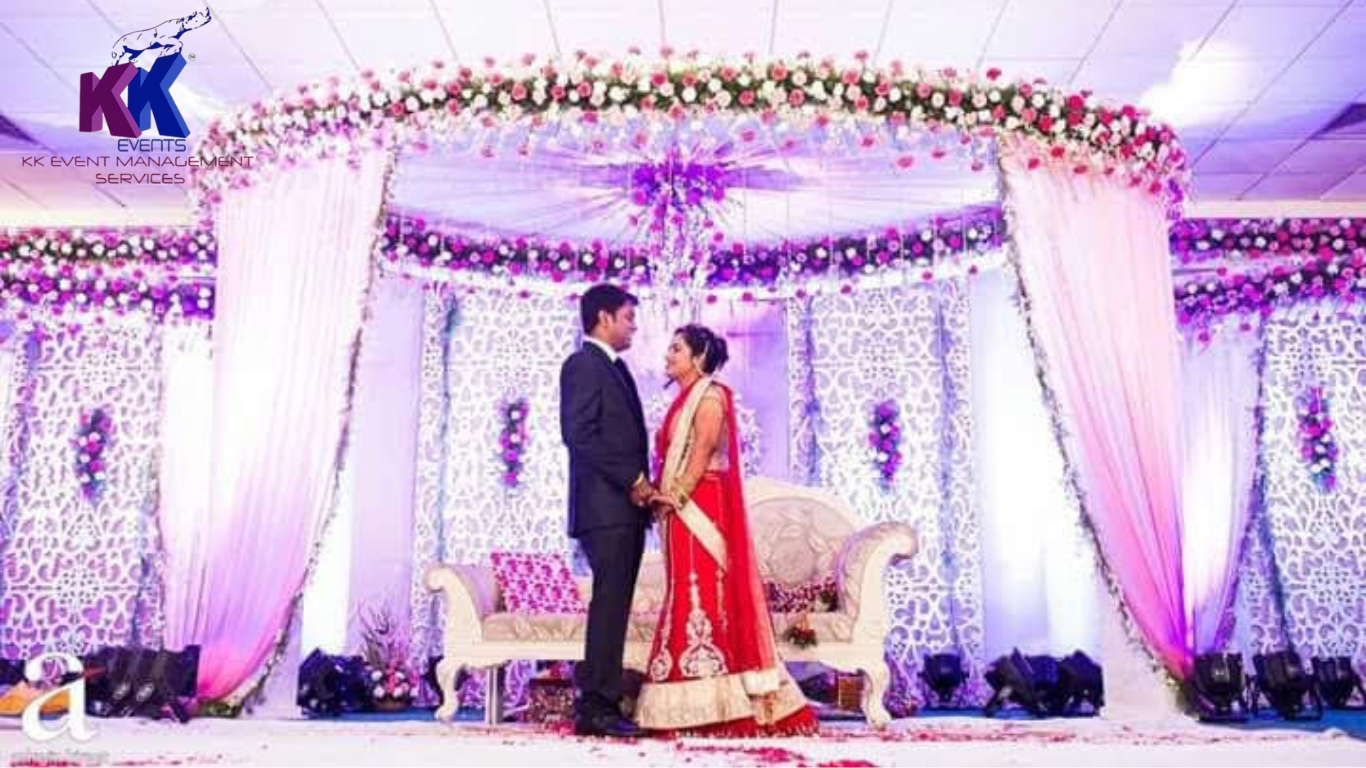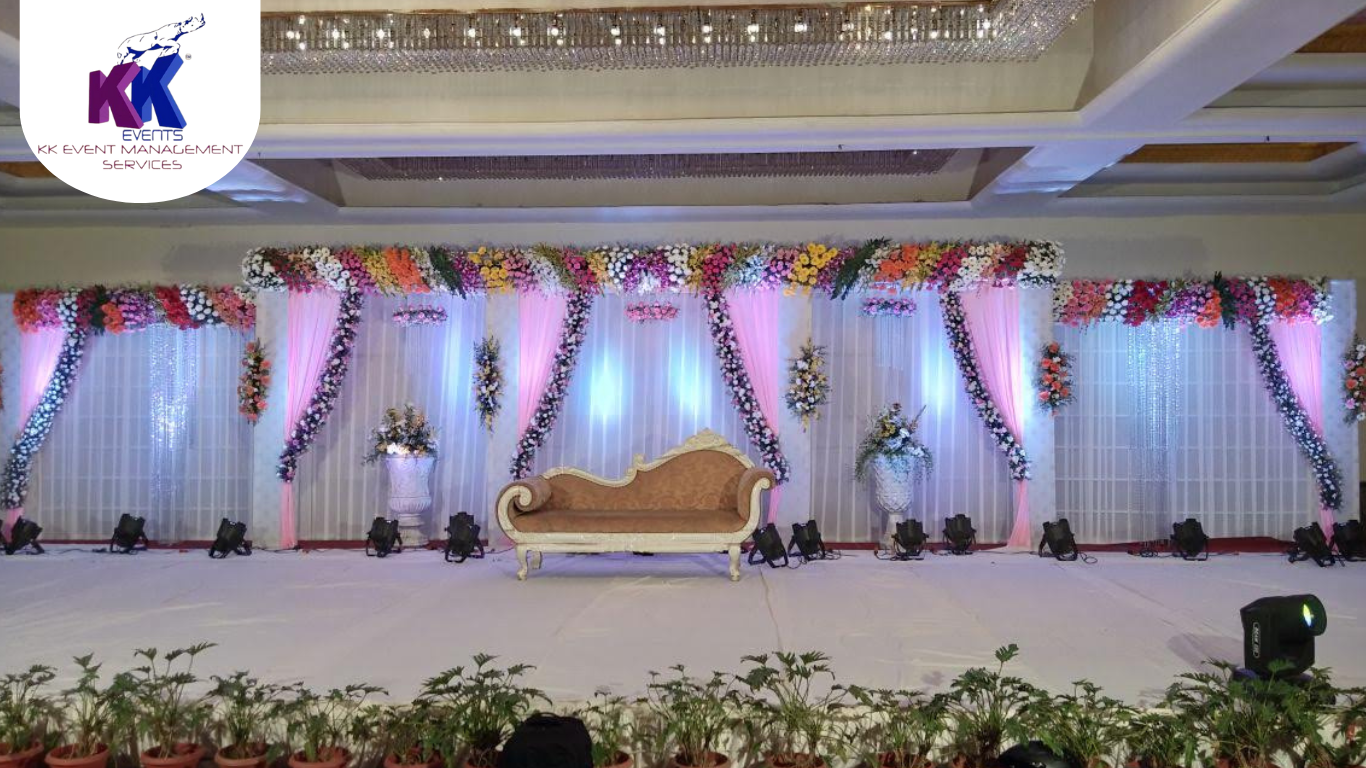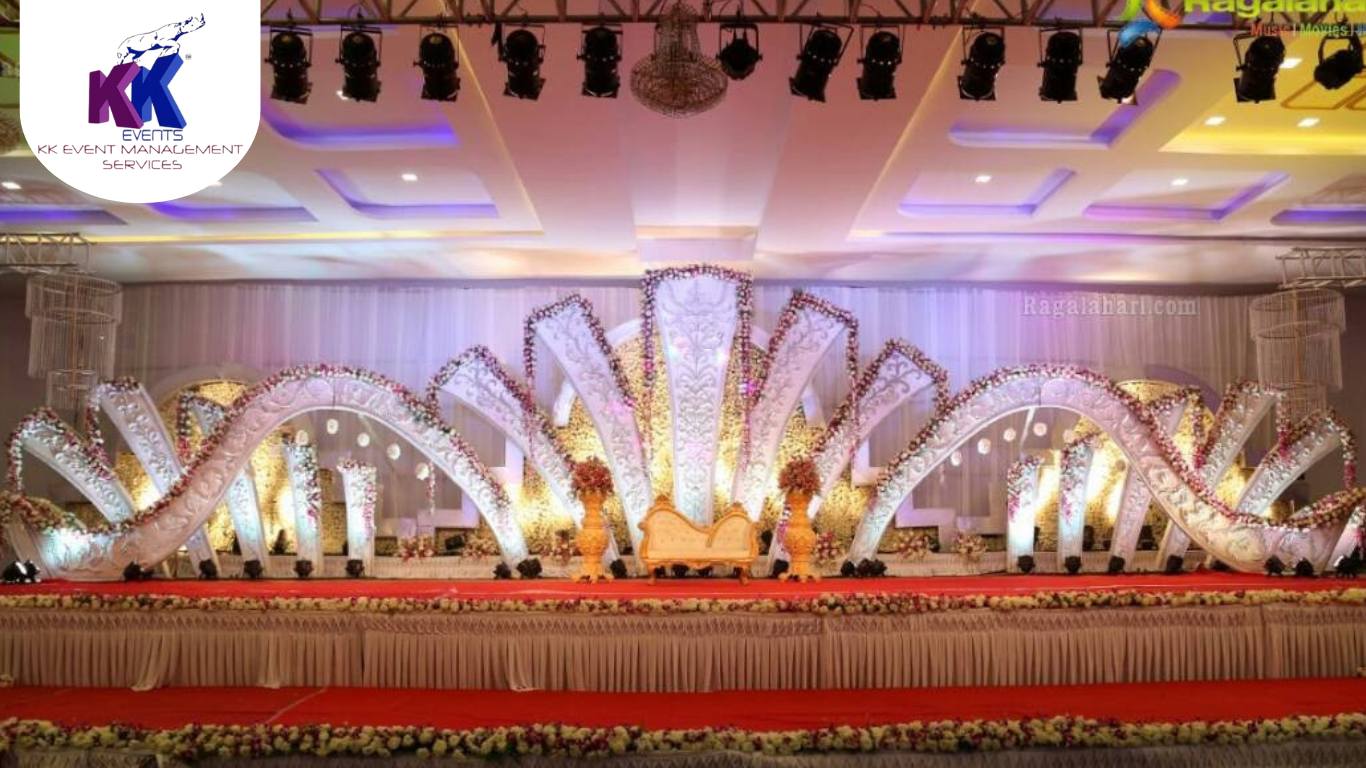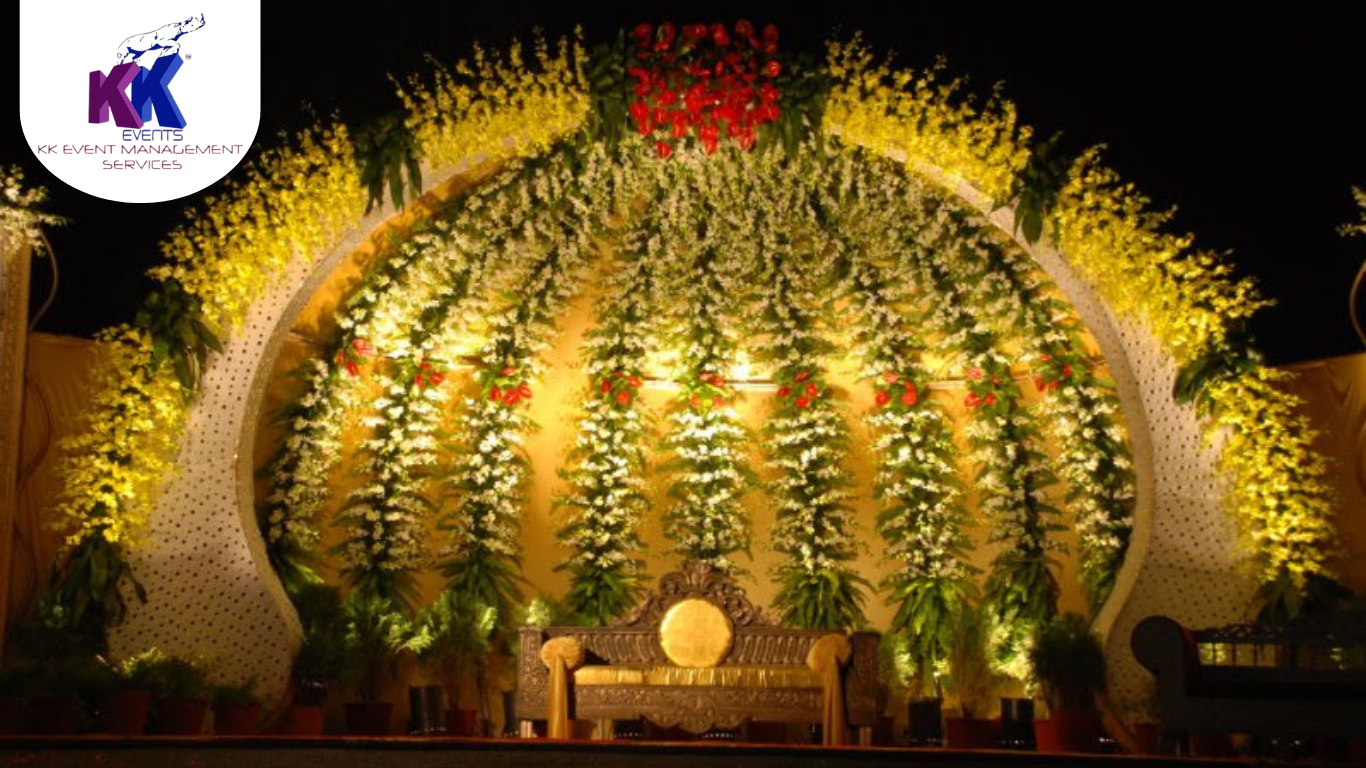When planning a significant event like a wedding, corporate function, or birthday celebration, hiring the right event planner can make all the difference. A good event planner will bring your vision to life while ensuring that everything runs smoothly, on time, and within budget. However, not all event planners are created equal, and choosing the right one requires careful consideration. Here’s a full guide on the things you should look for before booking an event planner.
1. Experience and Portfolio
One of the most important aspects to consider when hiring an event planner is their experience.
- Years of experience: An experienced event planner will have handled various types of events and will know how to manage challenges that can arise. Planners with years of experience are more likely to be reliable and able to anticipate potential issues.
- Diverse portfolio: Look for an event planner who has experience organizing the type of event you’re hosting, whether it’s a wedding, corporate event, or birthday. Review their portfolio for examples of past events. This will give you a good idea of their creativity and style.
- Success stories: Ask for references or read testimonials from past clients. Positive feedback and a proven track record of successful events will offer assurance that you’re in good hands.
2. Specialization and Expertise
Every event has different requirements, and some planners may specialize in particular types of events or themes.
- Event type specialization: Some planners may specialize in weddings, while others are better suited for corporate events, product launches, or social gatherings. Hiring a planner with experience in the kind of event you’re organizing can ensure a better outcome.
- Theme expertise: If you have a specific theme in mind (e.g., rustic wedding, luxury corporate event), look for a planner who has executed similar themes in the past. They’ll understand the intricacies of your vision and be better equipped to bring it to life.
- Vendor relationships: Planners with experience in certain types of events will have established relationships with relevant vendors, from caterers to photographers, ensuring smooth coordination and potentially better deals.
3. Budget Management
A professional event planner should be able to manage your budget effectively without compromising the quality of the event.
- Budget transparency: Discuss your budget upfront and make sure the planner is comfortable working within it. A good planner will provide a clear breakdown of costs and suggest ways to allocate your funds efficiently.
- Cost-saving strategies: Experienced planners often know where to cut costs without affecting the overall experience. They can suggest alternatives for decor, venue, or catering that maintain the quality but are more affordable.
- Avoiding hidden fees: Ask about any potential extra charges. Transparent event planners will lay out all potential costs, including vendor fees, overtime charges, or service taxes, so there are no surprises later.
4. Creativity and Vision
Event planners are not just organizers; they are also creators who can help bring your dream event to life.
- Innovative ideas: A good planner should offer fresh, creative ideas that align with your vision. When discussing your event, ask how they plan to personalize it and what new ideas they can bring to the table. Their enthusiasm for creativity is a great sign.
- Flexibility in vision: While creativity is essential, it’s equally important that your event planner respects your preferences. Make sure they are open to your suggestions and are willing to incorporate your ideas into the event design.
5. Communication and Responsiveness
Clear and prompt communication is key to a successful working relationship with your event planner.
- Responsiveness: Before hiring, gauge how quickly the planner responds to your queries and whether they are available to discuss your event in detail. A responsive planner will be attentive to your needs and ensure smooth communication throughout the planning process.
- Listening skills: It’s important that the event planner understands your vision and goals. During your initial consultation, pay attention to how well they listen to your ideas and whether they ask the right questions to clarify your requirements.
- Transparency: The event planner should be honest and upfront about what can and cannot be done within your budget or timeline. They should also keep you informed about progress, challenges, and any potential changes.
6. Vendor Connections and Recommendations
A well-established event planner will have strong relationships with local vendors, from florists and caterers to DJs and photographers.
- Preferred vendor network: Planners often have a list of trusted vendors they’ve worked with in the past. This not only ensures quality but also guarantees that these vendors are reliable and professional.
- Vendor recommendations: Ask the planner for vendor suggestions and assess how well they align with your preferences. Experienced event planners will be able to recommend vendors that match your style, budget, and expectations.
- Vendor negotiations: Event planners often have the skills to negotiate with vendors on your behalf, potentially securing better deals and packages than you would on your own.
7. Organizational Skills and Attention to Detail
An event planner’s ability to stay organized and handle the details can make or break an event.
- Detail-oriented: Successful event planners are meticulous and handle every aspect of the event, from decor placement to scheduling. Ask how they manage timelines and whether they will be involved in the final execution to ensure nothing is missed.
- Time management: Events run on tight schedules, and a planner who can keep things moving on time is invaluable. Check if they create detailed timelines and follow-ups to make sure everything happens according to plan.
- Multitasking ability: On the day of the event, there will be multiple tasks happening simultaneously. An organized planner should be able to manage the entire event while keeping a close eye on all the details.
8. Problem-Solving and Crisis Management
No matter how well you plan, things can go wrong. An event planner must be able to handle unexpected problems calmly and efficiently.
- Crisis management: Ask the planner how they handle emergencies, such as a vendor canceling last minute, weather issues, or technical failures. A seasoned planner should have a backup plan for every potential hiccup.
- Quick decision-making: On the day of the event, decisions need to be made quickly. A skilled planner will be able to think on their feet and resolve issues without disrupting the flow of the event.
9. Flexibility and Customization
Your event is unique, and your planner should be willing to adapt to your specific needs and preferences.
- Customization options: A good event planner should be flexible and tailor their services to match your vision, whether that means customizing the decor, theme, or entertainment options.
- Handling special requests: If your event has specific cultural, religious, or personal requirements, make sure the planner is experienced in accommodating them and is willing to meet your needs.
10. Contracts and Policies
Before you finalize your event planner, review all contracts and policies to ensure there are no misunderstandings down the road.
- Clear contract terms: The contract should clearly outline the scope of services, payment terms, cancellation policies, and any additional fees.
- Cancellation and rescheduling policy: Given the uncertainty of events, especially during challenging times like the COVID-19 pandemic, it’s important to understand the planner’s policy on cancellations and rescheduling. Ensure you’re comfortable with the terms before signing.
Conclusion
Choosing the right event planner is crucial to the success of your event. By focusing on their experience, creativity, communication skills, and organizational abilities, you can find a planner who aligns with your vision and delivers a seamless, stress-free event. Taking the time to assess these key factors will help ensure that your special occasion is a memorable and well-executed affair, leaving you and your guests with lasting memories.





